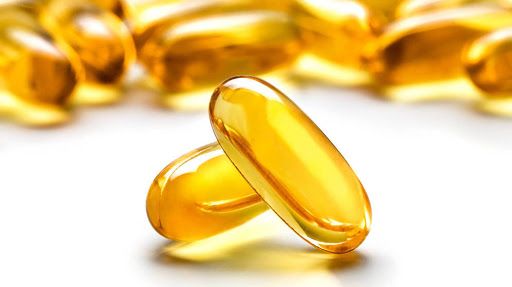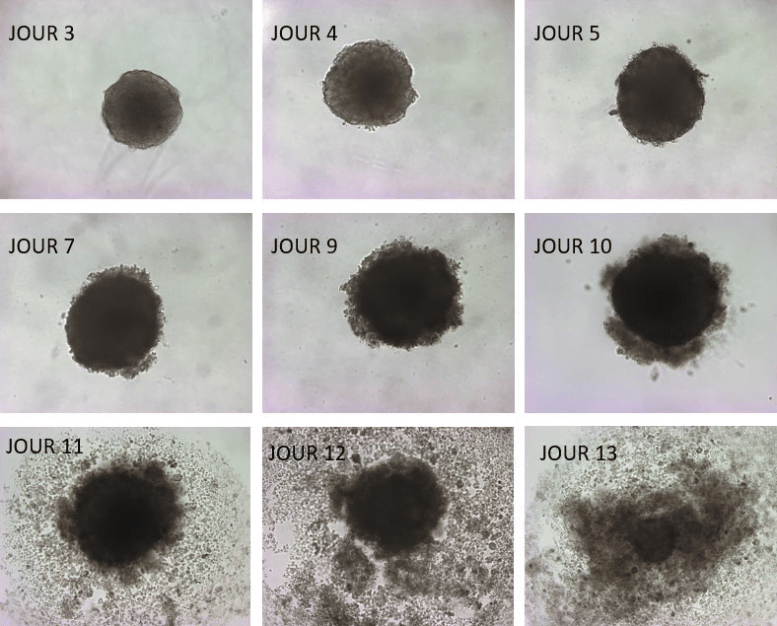The so-called "good fatty acids" are essential for human health and highly sought after by those seeking to eat healthy. Among the Omega-3 fatty acids, the DHA or docosahexaenoic acid it is essential for brain function, vision, regulation of inflammatory phenomena. And not only.
In addition to these virtues, DHA is also associated with a reduction in the incidence of cancer. Its functioning is the subject of a very important discovery by a multidisciplinary team of researchers from the University of Louvain (UCLouvain). Researchers have just clarified the biochemical mechanism that allows DHA and other related fatty acids to slow the development, and tomorrow defeat cancer.
It is a really important progress,published in the prestigious magazine Cell metabolism .

The secret to beating cancer? Interdisciplinarity
in 2016, the UCLouvain team of Olivier Feron, specializing in oncology, he discovered that cells in an acidic microenvironment (acidosis) within tumors replace glucose with lipids as an energy source to multiply.
in 2020In partnership with Cyril Corbet also from UCLouvain, Prof. Feron has shown that these same cells are the most aggressive and acquire the ability to generate metastases.
In the meantime, Yvan Larondelle, professor at the Faculty of Bioengineering at UCLouvain, whose team is developing improved sources of dietary lipids, proposed to Prof. Feron to join forces in a research project, led by the PhD student Emeline Dierge, to evaluate the behavior of cancer cells in the presence of different fatty acids.

Poisoning the cancer
Thanks to the support of the Fondation Louvain, the Belgian Cancer Foundation and Télévie Telethon, the team quickly identified that these acidotic tumor cells respond in diametrically opposite ways depending on the fatty acid they absorb. Within a few weeks, the results were impressive. “We soon discovered that some fatty acids stimulated tumor cells while others killed them,” the researchers explained.
DHA literally poisons them.
Hungry for fatty acids, acidotic cancer cells gorge themselves on DHA but are unable to store it properly and literally poison themselves. The result? They die. There is hope of defeating cancer.
Defeat cancer with fatal fatty acid overload
The poison acts on cancer cells through a phenomenon called ferroptosis, a type of cell death linked to the peroxidation of certain fatty acids. The greater the amount of unsaturated fatty acids in the cell, the greater the risk of their oxidation. Normally, in the acidic environment inside tumors, cells store these fatty acids in lipid droplets, a kind of shield in which the fatty acids are protected from oxidation. But in the presence of a large amount of DHA, the cancer cell is overwhelmed and cannot store DHA, which oxidizes and leads to cell death.
Using a lipid metabolism inhibitor that prevents the formation of lipid droplets, the researchers were able to observe that this phenomenon is further amplified, which confirms the mechanism identified and opens the door to possibilities of combined treatment to defeat cancer.
The research
For their study, the UCLouvain researchers used a 3D tumor cell culture system, called spheroids. In the presence of DHA, the spheroids first grow and then implode. The team also fed a DHA-enriched diet to mice with tumors. The result: tumor development was significantly slowed compared to that of mice on a conventional diet.
How much DHA to take?
This UCLouvain study shows the value of DHA in the fight to beat cancer. “For an adult,” said UCLouvain researchers, “it is recommended to consume at least 250 mg of DHA per day. Many studies show that our diet provides on average only 50 to 100 mg per day. This is well below the minimum recommended intake.”

